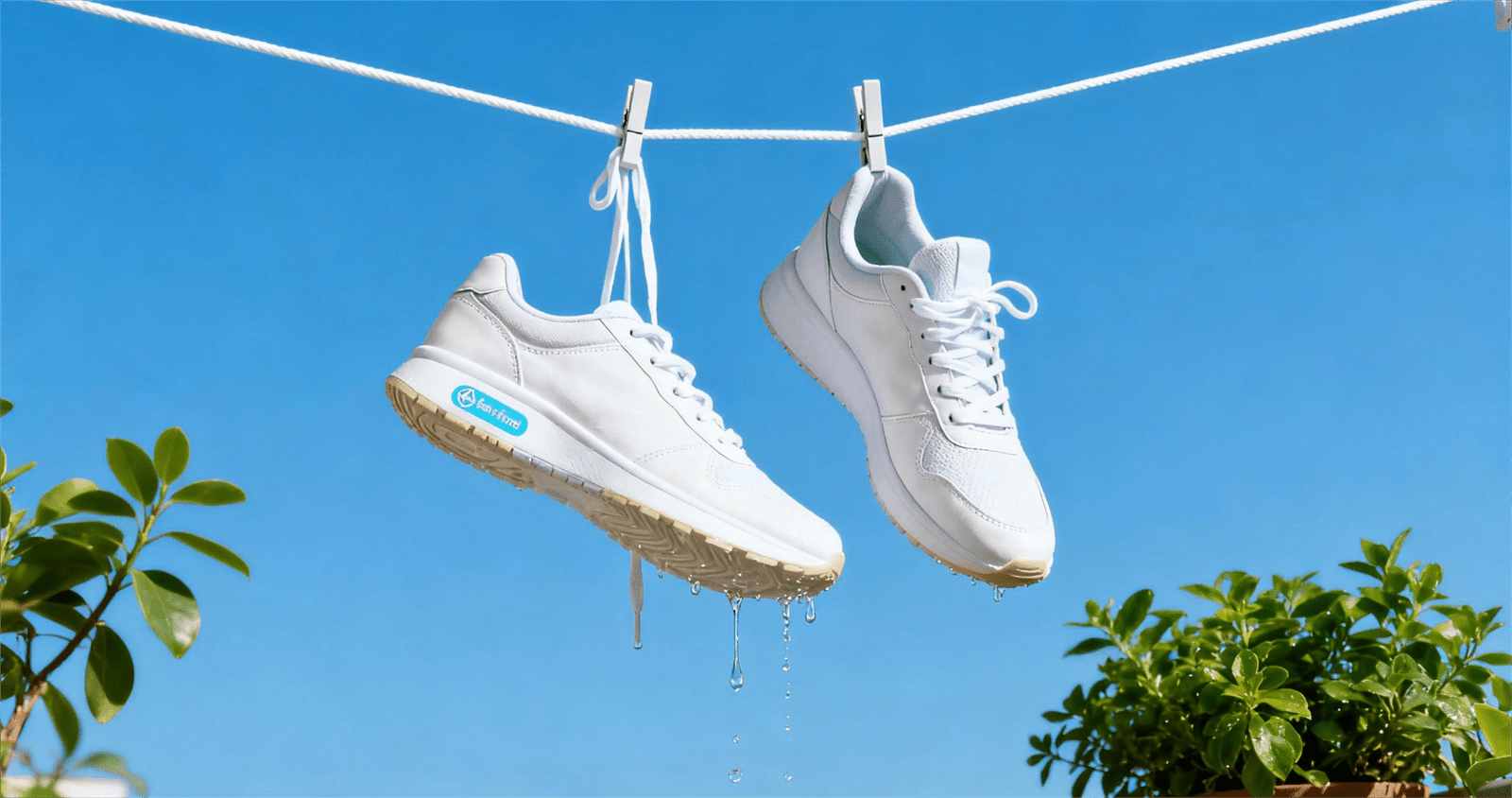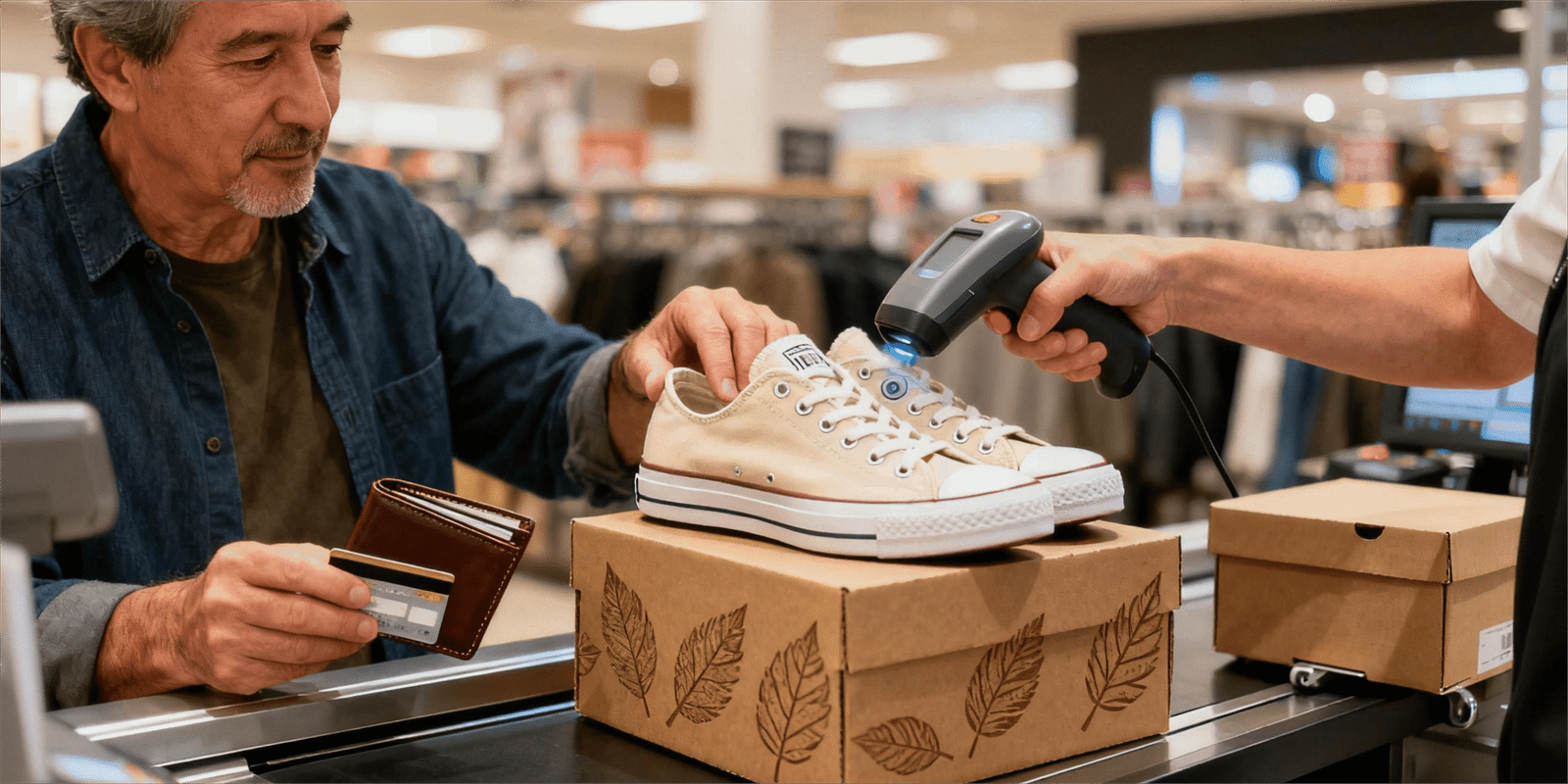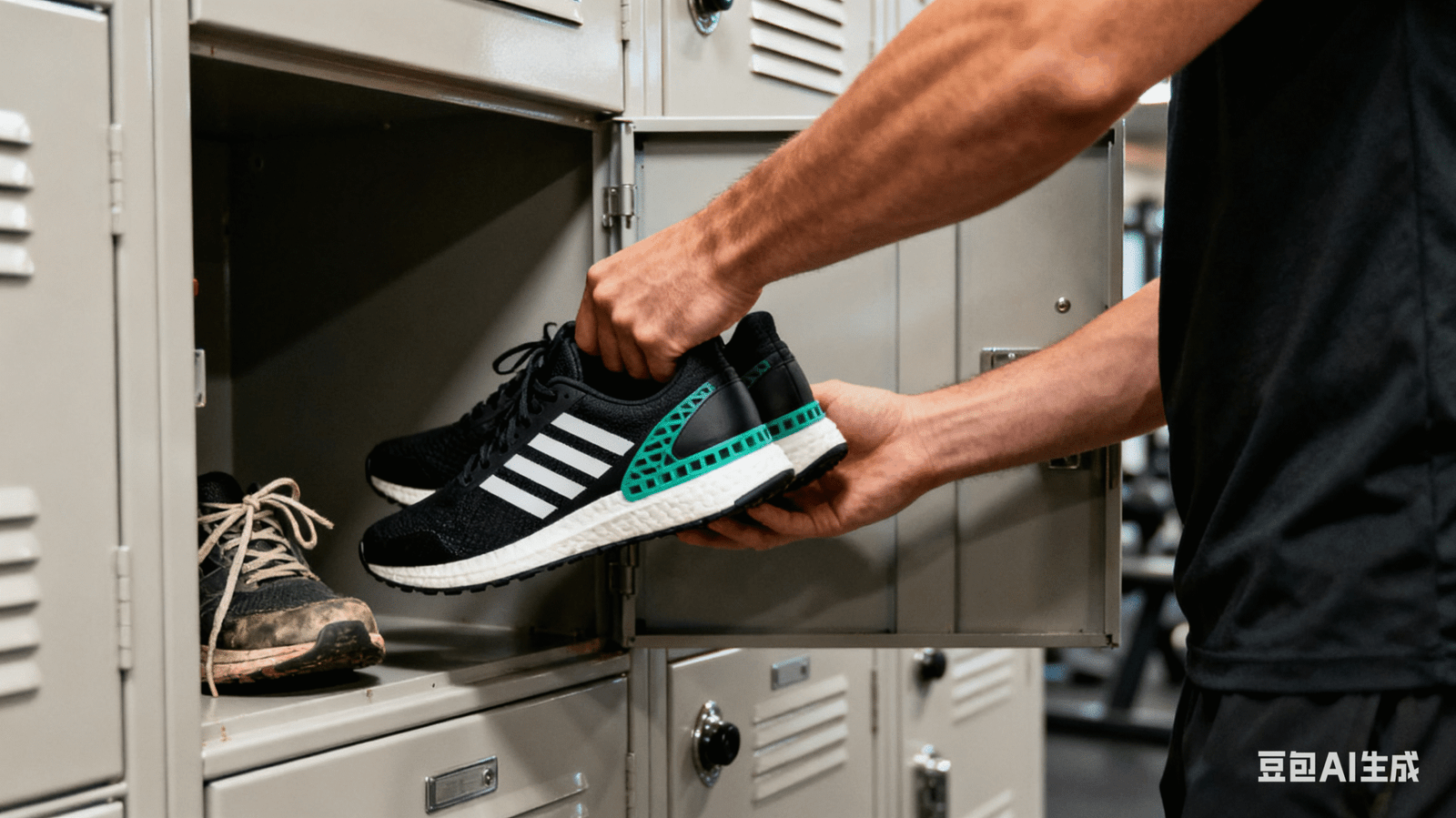Do Consumers Really Care About Sustainable Shoes?
Are you wondering if "sustainable shoes" is just a fad? Consumers are increasingly conscious of their environmental impact. This is changing what they buy.
Yes, consumers increasingly care about sustainable shoes, driven by growing environmental awareness and ethical concerns. This has created a significant market segment for eco-friendly footwear, influencing purchase decisions and often justifying a higher price point.
 In my two decades in the shoe industry, I have seen a clear shift. What used to be a niche concern is now mainstream. People ask more questions about how shoes are made, where materials come from, and if workers are treated fairly. This is a big change for brands and manufacturers like us. We have to adapt and communicate our sustainability efforts clearly.
In my two decades in the shoe industry, I have seen a clear shift. What used to be a niche concern is now mainstream. People ask more questions about how shoes are made, where materials come from, and if workers are treated fairly. This is a big change for brands and manufacturers like us. We have to adapt and communicate our sustainability efforts clearly.
How big is the sustainable footwear market in 2025?
Are you curious about the financial size of the sustainable shoe market? This market is growing fast. It represents a major area of opportunity.
The sustainable footwear market is projected to reach significant valuations by 2025, driven by strong consumer demand and corporate sustainability initiatives. Estimates suggest it will be a multi-billion dollar sector, indicating substantial growth and investment.
 From a manufacturing perspective, understanding market size is crucial. It tells us where to invest our resources. The sustainable footwear market is not just growing; it is exploding. This means more demand for eco-friendly materials and ethical production methods. We have seen this growth reflected in our own operations at Lucas.
From a manufacturing perspective, understanding market size is crucial. It tells us where to invest our resources. The sustainable footwear market is not just growing; it is exploding. This means more demand for eco-friendly materials and ethical production methods. We have seen this growth reflected in our own operations at Lucas.
Market research from firms like Grand View Research suggests the sustainable footwear market will reach over USD 13.9 billion by 2025. This growth is driven by increasing consumer awareness regarding environmental issues and the social impact of manufacturing. There is a rising demand for vegan, organic, and recycled materials. Government regulations promoting sustainable practices also play a role. I have seen how quickly younger consumers adopt these values. They are not just buying a shoe; they are buying into a brand's ethos. This drives demand for transparency in our supply chain. People want to know that where their shoes come from is ethical. This helps us see that our investments in BSCI and SEDEX certifications are well-placed. The shift is global, even in emerging markets. Other industry estimates consistently show strong double-digit growth. This is due to increasing corporate social responsibility (CSR) initiatives by major brands. Retailers are also demanding more sustainable products from their suppliers. This helps push the whole industry forward. Public pressure for ethical labor practices is also a key factor. This reinforces why our people-first values at Lucas are so important. The rise of influencer marketing around conscious consumption also plays a role. This is about making responsible choices cool and accessible. It means that being sustainable is no longer just a "nice-to-have"; it's becoming a "must-have" to compete effectively in the market.
These figures show a clear trend. Sustainable footwear is not a small niche. It is a significant and growing part of the overall shoe market. This means big opportunities for those who are ready to meet the demand.
Are consumers willing to pay more for sustainable shoes?
Do consumers truly put their money where their mouth is when it comes to eco-friendly footwear? The answer is often yes. Many are ready to invest in values.
Yes, a significant portion of consumers is willing to pay more for sustainable shoes. This willingness is driven by ethical considerations, perceived quality, and a desire to support brands aligned with their personal values, especially among younger demographics.
 I have seen this firsthand. Consumers are becoming more discerning. They understand that sustainable practices often come with higher production costs. They are willing to absorb some of that cost. This is especially true for brands that are transparent and authentic about their efforts. It makes our commitment to quality and sustainable practices even more important at Lucas.
I have seen this firsthand. Consumers are becoming more discerning. They understand that sustainable practices often come with higher production costs. They are willing to absorb some of that cost. This is especially true for brands that are transparent and authentic about their efforts. It makes our commitment to quality and sustainable practices even more important at Lucas.
Consumers feel a sense of responsibility towards the environment and society. They are willing to pay a premium to support brands that align with these values. They want to contribute positively with their purchases. This is a powerful motivator. Sustainable shoes are often associated with better materials and craftsmanship. Consumers might believe these shoes will last longer. This can justify a higher initial cost. For example, shoes made with recycled plastic might be seen as innovative and durable. Consumers are more likely to spend extra money with brands that are open about their supply chains and sustainable efforts. Certifications like GRS, BSCI, and SEDEX build this trust. This transparency helps people feel good about their purchase. For some, buying sustainable products is also a form of personal expression or a status symbol. It shows they are environmentally conscious and care about ethical issues. This can influence their willingness to pay more. While the upfront cost may be higher, consumers might see sustainable shoes as a better long-term investment. They believe these shoes are less likely to end up in a landfill quickly. This perceived longevity adds value.
This willingness to pay more is not universal. But it is a strong trend, especially in developed markets and among younger demographics. It shows that sustainability is a business imperative.
Do sustainable shoes actually influence purchase decisions? Are sustainable claims strong enough to make someone choose one shoe over another? Absolutely. Sustainability is becoming a deal-breaker for many buyers. Yes, sustainable shoes demonstrably influence purchase decisions. Consumers increasingly prioritize brands with ethical and environmental commitments, using sustainability as a key differentiator when choosing footwear, often overriding price or traditional brand loyalty. From our perspective at Lucas, we see this influence directly. When we talk about our sustainable practices, it resonates with our clients and their customers. It is not just a marketing point. It is a core factor in why people choose our shoes. It shows that our efforts to be GRS certified and BCI members are truly valuable.
In a crowded market, sustainability can be the deciding factor between two similar shoes. If product A is sustainable and product B is not, many consumers will choose A, even if it costs a bit more. This gives a competitive edge. Brands known for sustainability attract more customers. A strong eco-friendly image can draw consumers who might not have considered the brand otherwise. It builds positive associations and trust. Many consumers are rejecting the "fast fashion" model due to its environmental and ethical costs. Sustainable shoes offer an alternative. This aligns with a desire for more mindful consumption. Labels like "GRS Certified," "Organic," or "Vegan" directly influence decisions. Consumers trust these certifications. They show that a product meets specific standards. This transparency is crucial. Sustainability is a growing topic in social circles. People are influenced by friends, family, and social media. When someone sees their peers choosing sustainable products, they are more likely to do the same. Consumers actively seek products that minimize harm to the planet. They will choose shoes made from recycled materials, sustainably sourced leather, or those with a lower carbon footprint over conventional options. This reflects a personal commitment to reducing their ecological impact. As a manufacturer, we feel this pressure to constantly innovate with materials and processes. Awareness of fair labor practices and safe working conditions heavily influences decisions. Consumers prefer brands that ensure their workers are treated and paid fairly. Certifications like BSCI and SEDEX, which Lucas adheres to, become crucial trust signals, assuring buyers that their purchase supports ethical supply chains. This is particularly important for brands that want to attract Western markets. Sustainable does not just mean eco-friendly; it often implies durability. Consumers increasingly associate sustainable production with higher quality materials and craftsmanship designed to last longer. This reduces the need for frequent replacements, indirectly supporting sustainability. They are less likely to return such shoes. This perception of lasting value often justifies a premium.
Thus, sustainable practices are not just good for the planet. They are essential for attracting and retaining modern consumers who vote with their wallets.
Consumers are increasingly showing that they truly care about sustainable shoes, evident in the market's rapid growth, willingness to pay more, and its strong influence on their purchase decisions.
